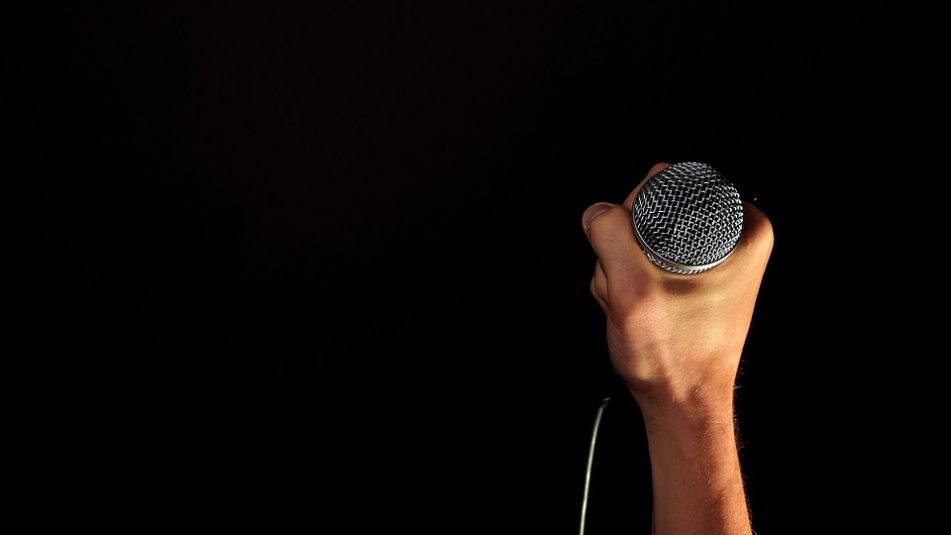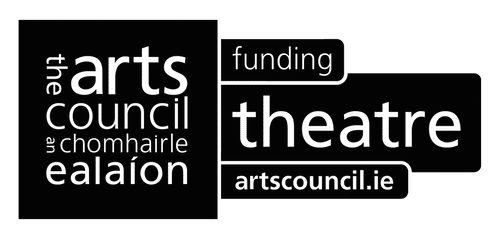
Members Meeting 26 September
Theatre Forum Members’ Meeting & AGM
We are looking forward to seeing our members on 26 September for a Members’ Meeting followed by our AGM at the Fringe Lab.
Here’s our schedule:
16:00 Members’ Meeting
17:00 AGM (papers and registration)
18:00 Reception
We invite you the members to speak on topics you feel are pressing. This is your meeting and we’d love to know what you think. Below are some issues we’ve all been grappling with recently. If you’d like to speak at the meeting, email director@theatreforum.ie.
Poor employment conditions and pay persist in the arts and culture sector
The return to economic buoyancy in recent years has meant workers in most sectors have seen increases in their average hourly and weekly rates. Unfortunately, as we know from our Payscales survey earlier this year, those working in the arts and entertainment sector have not. Our sector is still the second lowest paid sector with average weekly earnings being just two-thirds of the average. And those average earnings assume that artists and actors are offered paid work for every week of the year. So the cost of living, housing and surviving in our cities and towns is still beyond the means of most artists and actors which makes all aspects of their lives precarious.
Artists and audiences
In theatres and arts centres across the country, audience members are paid, on average, significantly more than the makers, actors, dancers and musicians that they come to see on-stage. Artists and actors at the height of their careers find it difficult to survive, never mind being able to make life choices about where to live and work, about partners and families, about affording health care. The off-stage tragedy is that even our best known and loved artists can no longer sustain their careers and many will have no pensions or support in their retirement. That’s a sobering thought for the thousands of people visiting the country’s arts centres and theatres on Culture Night, Friday 27 September.
Brexit havoc and economic uncertainty
We’re conditioned to expect and accept a cautious 2020 Budget. Historically, Lehman Brothers meant dramatically reduced allocations to the Department and the Arts Council in 2009 to 2017. The repercussions of those cuts are still evident in 2019 and the €75 million allocated to the Arts Council is still significantly less than its 2008 allocation of €84 million. So despite Brexit and the economic turbulence ahead, it is worth remembering the lessons of the last drastic arts cuts and reminding the Taoiseach that his commitment in 2017 to double funding to the arts by 2025 was made on the basis that we live in a society, not an economy. As an open but small economy, economic variables are almost completely outside of our control. In stark contrast, demonstrating how we value our culture, the arts and artists is completely within the control of this Government on Budget Day..
The value of culture and the arts?
“We are concerned that much of the new Government cultural investment through Project Ireland 2040 and Global Ireland is on capital projects and promotion, with little investment in Artists and their work.” Angela Dorgan, Chair of the NCFA
Project Ireland 2040 prioritises enhancing amenity and heritage with a €1.4 billion investment. However, it seems that most of this will be spent on the infrastructure, specifically buildings, that makes up the national and regional arts and culture facilities. Despite this capital investment, buildings are empty spaces until artists work and perform there for audiences. As well as capital investment, there needs to be funding for artists to make work and paid to perform on the country’s stages.
Global Ireland 2025 is the vision for Ireland on the world stage. To meet trade and investment targets, agencies including IDA Ireland, Enterprise Ireland, Bord Bia and Tourism Ireland as well as the Department of Foreign Affairs and Trade have been opening offices, embassies, consulates, recruiting personnel and planning trade missions. To promote Irish culture and heritage, one of the lynch-pins of plans to double Ireland’s global footprint by 2025, five high profile artists were appointed Cultural Ambassadors and arts and cultural centres in New York, Paris and London are being co-funded. Such capital investment in the national and international arts infrastructure has to be complemented with more meaningful funding for artists to make work and earn a living at home as well as performing on world stages.
